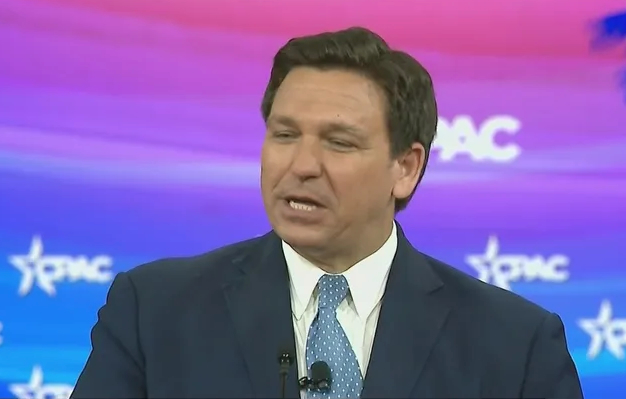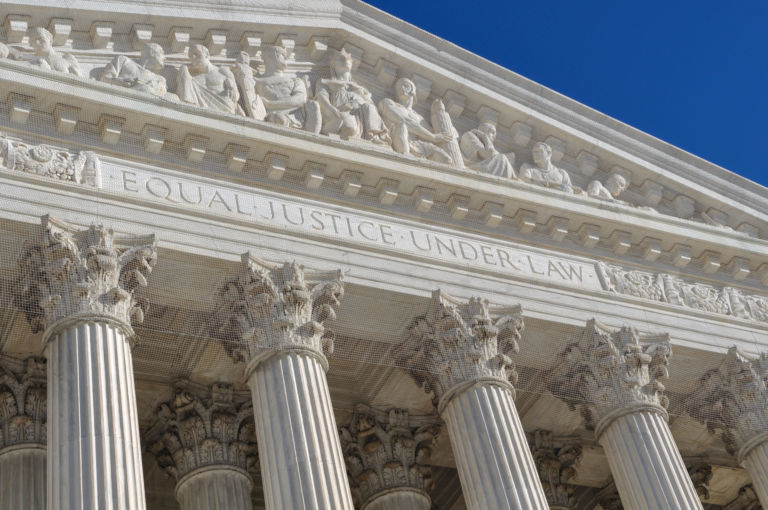Editors at National Review Online focus on Arizona’s departing senator.
Senator Kyrsten Sinema on Tuesday acknowledged reality and dropped her independent bid in the crucial Arizona U.S. Senate race in which she consistently polled a distant third. The news was a long time coming.
Sinema was, by many measures, a progressive member of the Senate. She voted with President Biden 94 percent of the time — including for his inflation-fueling $1.9 trillion spending bonanza promoted as “Covid relief.” But she had her limits.
The Arizona senator would not get on board with Biden’s signature $3.5 trillion Build Back Better proposal and consistently fought off the Jacobins in her caucus who have pushed radical ideas such as packing the Supreme Court. Perhaps above all, she drew the anger of left-wing activists for her steadfast refusal to blow up the filibuster. This made her persona non grata within the Democratic Party. She was demonized by left-wing pundits and harassed by activists who even swarmed her in a bathroom.
Facing certain defeat in any Democratic primary, Sinema announced in December 2022 that she would leave the party but continue her career as an independent. But in a time of high political polarization, that decision left her with no real constituency. Her willingness to work with Republicans to advance her policy goals made her toxic among Democrats without endearing her to enough Republicans. With most partisans indicating a preference for either Democrat Ruben Gallego or Republican Kari Lake, the expected major-party nominees, Sinema struggled to raise money and to break out of the low 20s in public surveys.
While Sinema and Democrat Mark Kelly both won Senate races in Arizona running as relative moderates, Gallego is testing whether a Democrat can win as a strident progressive. Sinema’s exit from the race now means he has a clear shot at Lake, who lost her 2022 bid for governor after embracing Donald Trump’s stolen-election claims and then refused to acknowledge her own defeat. Either way, it is expected to be close and could determine control of the Senate.


